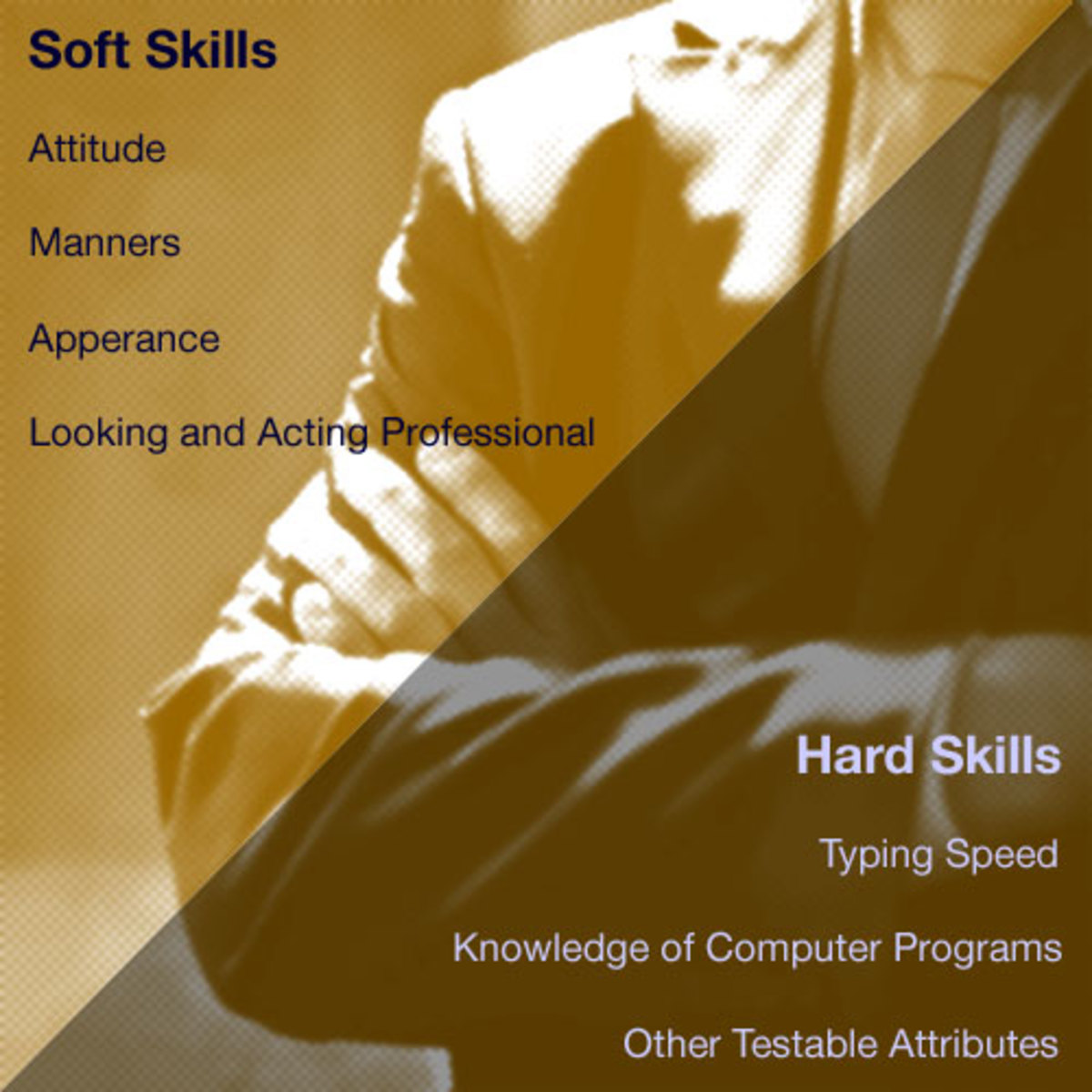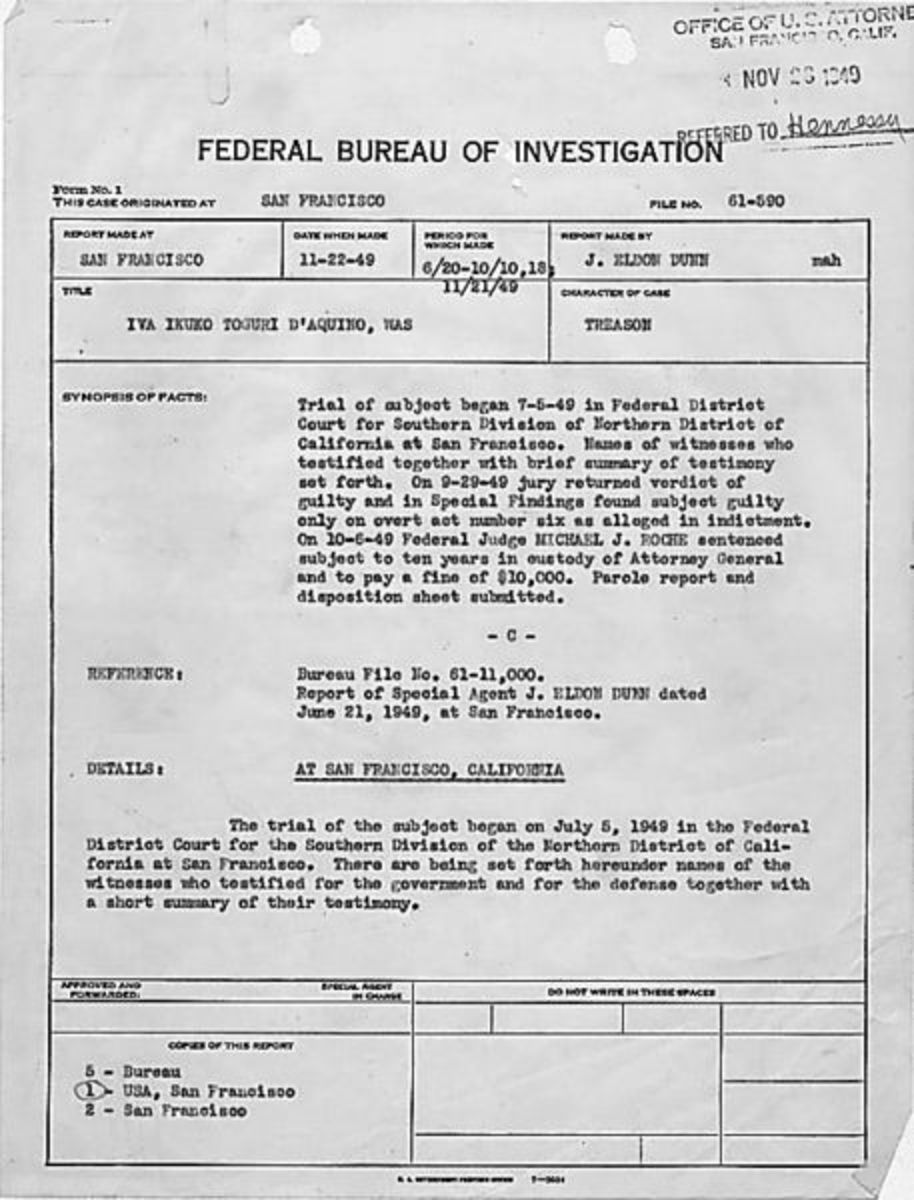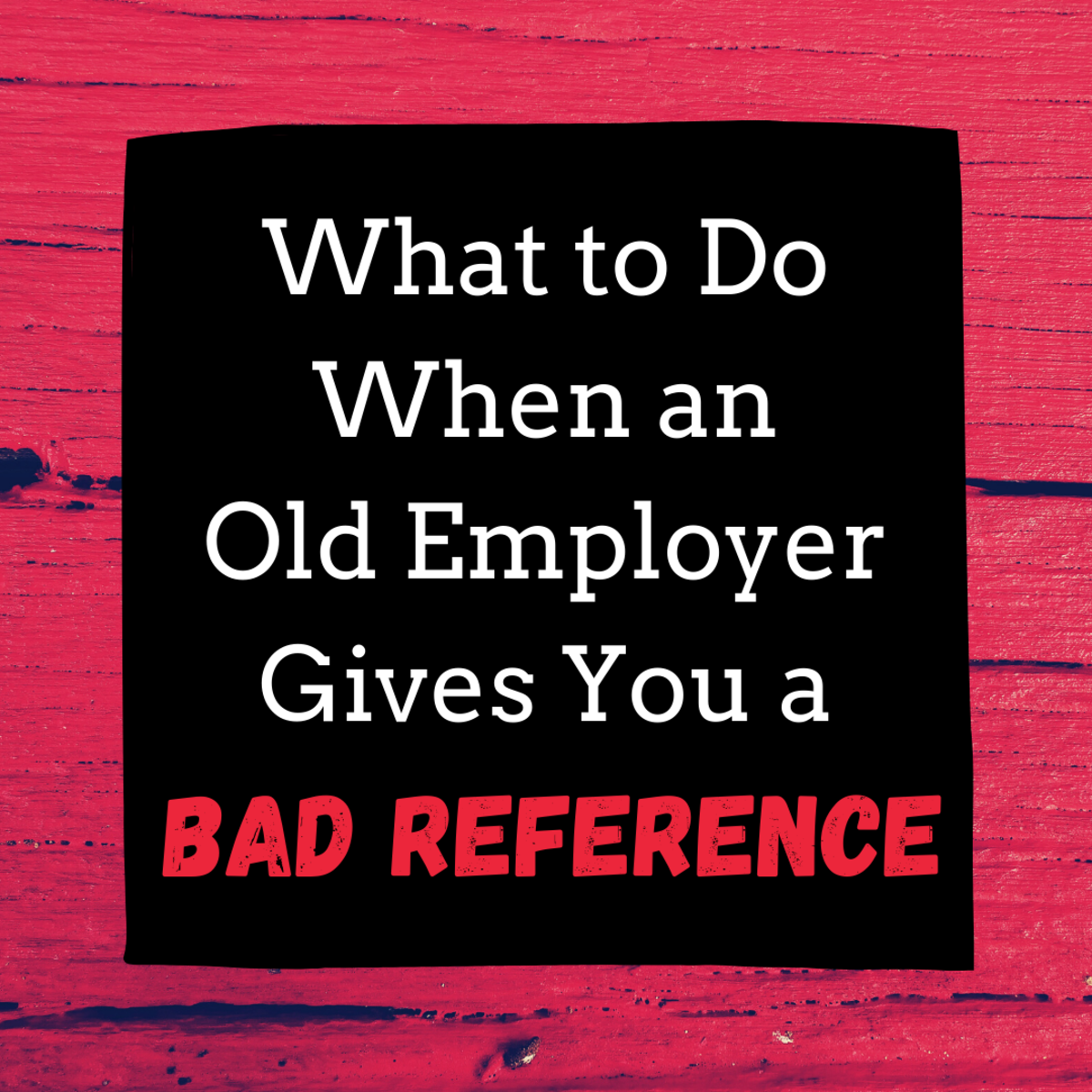How to Prepare for an HR Interview

Getting Ready for that Big Interview
Human Resources often calls applicants to schedule job interviews as one of the initial steps in the recruitment process for filling a vacancy in an organization. Some HR Departments will do an initial interview by phone or in person to screen out otherwise qualified candidates from going to the next step with the hiring department. For other organizations, HR will do all of the recruiting which includes this crucial step of the HR interview. Either way, getting that call from the HR Department who wants to interview you is a positive step toward securing the job. Because HR's interview is a valuable screening tool for an organization, it is prudent to understand that the folks in HR specialize in recruitment and interviewing applicants. The responses you provide to the interview questions will be scrutinized, and the impression you give will be shared with the manager who will be making the final hiring decision. By being prepared prior to that interview, you will be ready with the information to provide sound answers to impress the HR staff asking those tough interview questions.
Do Your Homework
To prepare for that important interview with Human Resources, it will be helpful to do some research about the company for which you are interviewing. Remember, you will be interviewing with the very folks who should be fairly savvy at conducting job searches and interviews. The questions they pose should be job related, focusing on your ability to meet the expectations of the job. As there are likely to be a large number of qualified applicants who have applied for the job, knowing a little background information about the company, the services they provide, the product they make, etc., will be a good way to show the HR staff that you took an extra step of researching the company because you are very interested in the job. These individuals will be impressed by the information you impart and the questions you ask concerning the company.
Some tidbits about the organization you should consider researching might be as follows:
- Organization History and Mission Statement: It is a good idea to learn about the company's history as well as their mission statement. Almost all organizations have a mission statement that has been linked over time to their success and output. One way to gather information about a company is to speak to current employees, preferably someone who has been at the company for some time. A current employee will be able to speak about their experience at the organization, the increases in wages that have received, the benefits they enjoy as an employee, etc. While the things you hear will be subjective, the feedback from an employee of the company may bring valuable insight as to how they like working for the company. I do not recommend contacting anyone you do not know as you do not want to appear pushy or a "pest". Rather, if you happen to have an acquaintance who works for the organization, this person could provide some valuable insight and a glimpse of what it would be like to work at this organization.
- Organization's Website: If you do not have the opportunity to speak to a current employee, another source of information would be the Internet. On the company website, you can check out the experience and background information about the leadership that is currently at the company's helm. Another great benefit to looking at the website is to go to the HR section. On this site, it is helpful to look at the HR philosophy as well as their mission statement. Information about policies and procedures, salary schedule, grievance procedures, etc., will likely be included. The information provided on the company website will likely offer insight as to what the company is all about, and how they conduct their business. From the website, you should get a good feel about how the employer views the community, the business and its employees.
- Publications and News Articles: Besides talking to employees and checking out the website, some companies may have articles and/or publications written about them which give descriptions about their products, services, successes, etc. These sources of information can also be researched on the Internet.
When you research history and background information about a prospective employer, you are able to get a sense of the culture and goals that drive the employees to be successful. Asking brief, yet insightful questions about the company will show that you are very interested in where this company is headed. Since HR will be speaking to many applicants, it is good to know something extra about the organization and strike a chord of familiarity with them. This kind of interest may be the very thing that sets you apart from the other candidates who get interviewed.
What Will HR Ask You in the Interview?
Human Resources will ask many of the typical questions that other managers ask an applicant in a job interview. As mentioned above, job interview questions must be related to the job itself, not concerning a person's protected class such as age, race, ethnicity, gender, religion, disability, etc. HR professionals should have a firm grasp of the legality of what can be asked and will ask those lawful questions to see if your are the best person for the job. In addition, it is very common for HR to ask open-ended questions to get the applicant to "open up" about their job skills and experience. All questions should be answered in an informed, insightful manner that is not too lengthy.
Because you are dealing with HR, you will want to be aware of the following important topics:
- Customer Service - With very few exceptions, customer service is a part of all jobs in that an employee is serving both internal and external customers. Be sure to offer commentary about the importance of customer service at some time during your interview. It is very common for HR to include a question about your opinion of or experience with customer service.
- Communication - HR is very likely to discuss communication at some point in your interview. If the job requires a lot of report or memorandum writing, the interviewer may ask you about your ability to write. If the job requires speaking to the public or in front of large groups, HR may ask about your speaking skills. Phone etiquette is another area that sometimes gets asked about in an interview. Whatever the method, it is important to be prepared to answer questions about your communication skills.
- Teamwork - HR is very aware of an employee's ability to get along with others. After all, when there is an employee conflict with another employee or a supervisor, HR is often contacted for advice as to how to handle the situation. Therefore, in the job interview, it is beneficial to present yourself as a team player who is able to work well with others.
Customer service, communication and teamwork are all aspects of the job that HR values and will always look for in the responses from applicants in a job interview.
Last Minute Words of Advice
In addition to having some information on the background of the company and a good preview of the kinds of questions you might get asked, there are always some basic interview tips that will be good to review prior to the interview:
- Location of the Interview - It is always helpful to be acquainted with the location of the interview prior to the actual day of the event. Being familiar with the travel route and the available parking near the interview site will alleviate some unnecessary stress about the entire experience. Leaving the interview to find a parking ticket on your windshield, for example, is an unnecessary occurrence for you. You also want to be sure to allow yourself enough time to get to the interview ten to fifteen minutes before it starts.
- Dress Appropriately - Depending on the job, it will be necessary to dress the part to impress the interviewer. A clean, pressed and neat appearance will always impress.
- Non-Verbal Communication - Sitting up straight, hands folded on your lap while maintaining good eye contact will demonstrate your confidence and interest in the position.
- Good Manners- While it should be something that is just common sense, applicants sometimes forget that the person interviewing them wants them to be successful. Therefore, they are going to do their best to put you at ease so that you are able to answer the questions thoughtfully. Your response to their approach to the interview should always be to demonstrate the same kindness.
Conclusion
When HR calls you for an interview, it is important to be prepared. A lot of the stress and nervousness that can accompany an interview can be eliminated by being on top of the situation. Familiarity with the organization, knowing the key points that will be addressed in the interview and relying on your instincts for being agreeable about the interview will lead you to more success in securing a job.








